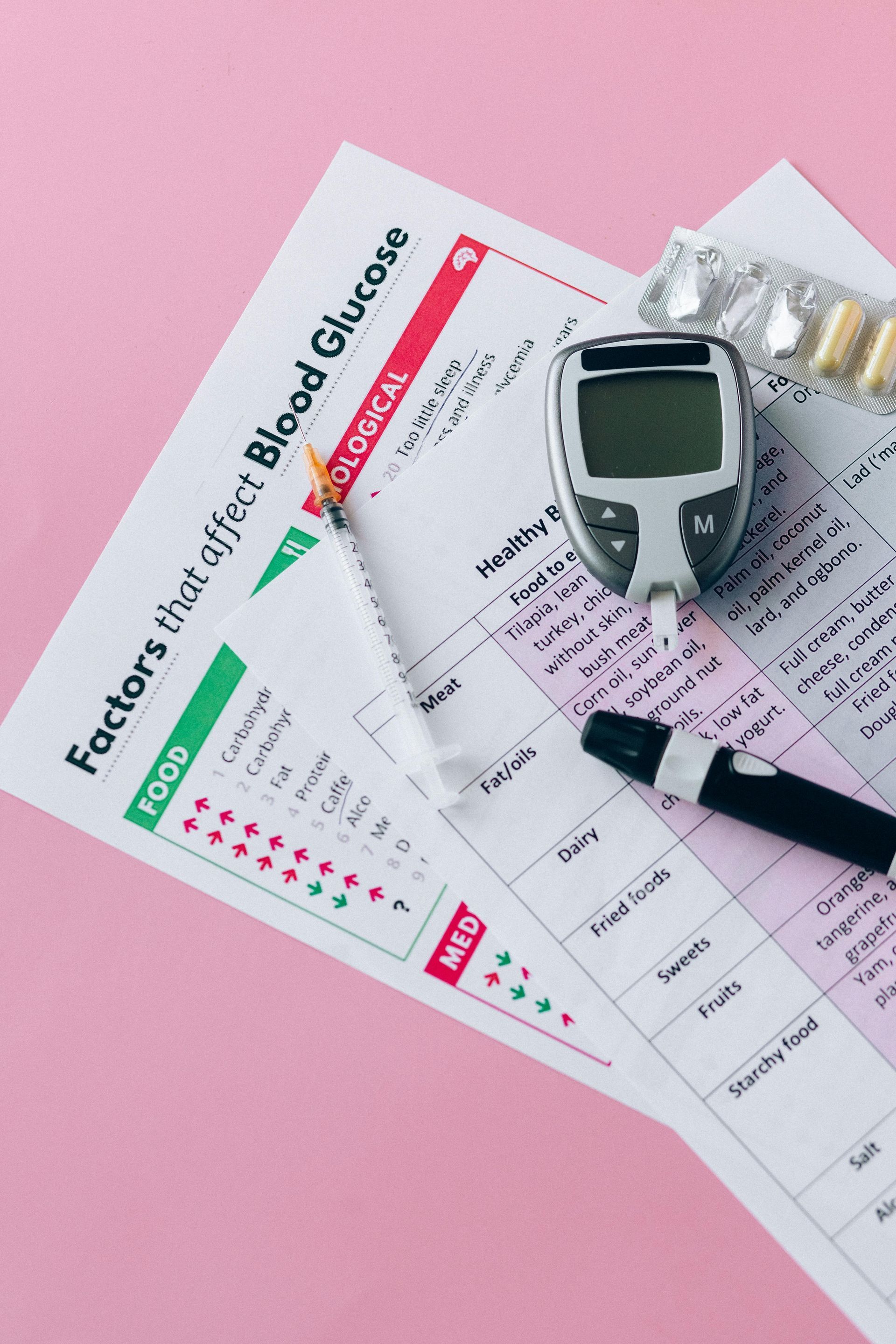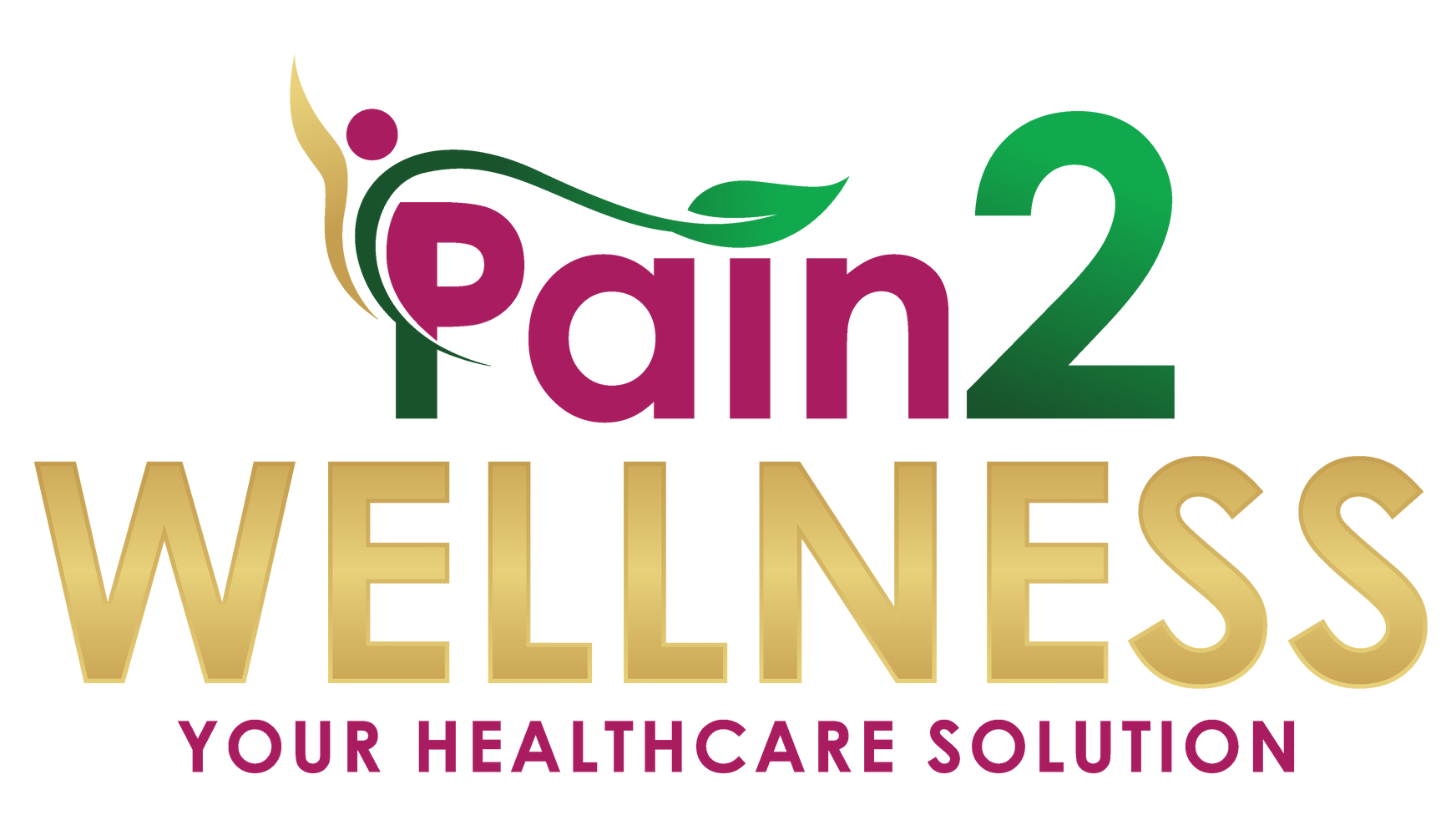The Truth About Your Adrenal Glands, Coffee, Aging, & How to Use Caffeine Safely

What the Adrenal Glands Actually Do
Your adrenal glands sit on top of your kidneys like two little “stress helmets.”
They are responsible for:
1. Producing Stress Hormones
- Cortisol (manages inflammation, blood sugar, energy, sleep/wake cycles)
- Adrenaline and Noradrenaline (fight-or-flight hormones)
2. Fluid & Blood Pressure Regulation
- Via the hormone aldosterone
3. Blood Sugar & Metabolism Support
Cortisol helps release glucose into the bloodstream during stress.
4. Anti-Inflammatory Function
Cortisol keeps inflammation within a healthy range.
When these glands are overworked, your entire hormonal system feels it.
How Coffee and Stimulants Affect the Adrenal Glands
1. Coffee Triggers a Fight-or-Flight Response
Caffeine stimulates the adrenal glands to release:
- Adrenaline → increases heart rate, blood pressure
- Cortisol → raises blood sugar and creates alertness
This is helpful occasionally, but harmful daily.
Studies show caffeine increases cortisol levels for up to 6 hours after consumption.
Reference: Lovallo WR et al. Psychosomatic Medicine, 2005.
2. Daily Coffee = Chronic Adrenal Stimulation
Your adrenals are not designed to be “poked” every morning and afternoon.
Daily stimulation can contribute to:
- Hypertension (via increased aldosterone and adrenaline)
- Blood sugar instability
- Fatigue (adrenal burnout)
- Sleep disruption (cortisol curve shift)
- Anxiety and palpitations
Regular caffeine intake is associated with increased blood pressure, especially in people prone to hypertension.
Reference: Mesas AE et al. American Journal of Clinical Nutrition, 2011.
Why Coffee Accelerates Aging in Some People
1. Increased Cortisol → Increased Cellular Breakdown
Chronically elevated cortisol leads to:
- Collagen breakdown
- Skin thinning
- Slower wound healing
- Belly fat increase
2. Sleep Disruption = Faster Biological Aging
Caffeine (especially after 12 p.m.) delays melatonin secretion and reduces deep sleep.
Poor sleep is directly linked to accelerated aging and chronic disease.
Caffeine consumed even 6 hours before bedtime disrupts sleep quality.
Reference: Drake CL et al., Journal of Clinical Sleep Medicine, 2013.
3. Increased Oxidative Stress
Coffee can cause oxidative stress in slow caffeine metabolizers, which accelerates aging.
CYP1A2 slow metabolizers have higher risk of hypertension and cardiovascular issues with caffeine.
References: Cornelis MC et al., JAMA, 2006.
What’s GOOD About Coffee? (Yes, there is some!)
Coffee isn’t all bad—it actually has benefits when used correctly.
1. High in Antioxidants
Coffee beans contain polyphenols that support cellular repair.
2. May Improve Cognitive Function
Moderate caffeine can enhance focus and short-term memory.
3. Supports Athletic Performance
Caffeine increases endurance and mobilizes fatty acids for fuel.
4. May Reduce Risk of Certain Diseases
Large studies show a potential reduction in:
- Parkinson’s disease
- Alzheimer’s disease
- Liver cancer
Up to 3 cups/day is associated with reduced all-cause mortality in general populations (but not in caffeine-sensitive individuals).
Reference: Grosso G et al., Annual Review of Nutrition, 2017.
So What’s “Wrong” With Coffee?
Not the coffee itself—
but how often people drink it, how much, and why they use it.
The real problems:
- Used as a substitute for sleep
- Used instead of addressing fatigue root causes
- Used daily with no breaks
- Used to push the body through burnout
- Used by slow caffeine metabolizers (causing health issues)
Daily caffeine + chronic stress = adrenal overdrive.
How to Use Coffee Safely (if you choose to keep it)
✔️ 1. Do Not Drink It First Thing in the Morning
Wait 90–120 minutes after waking.
This allows cortisol to rise naturally.
✔️ 2. Use It as a Tool, Not a Habit
Save coffee for:
- Workouts
- Long drives
- Occasional morning boosts
- Situational use, not daily dependence
✔️ 3. Avoid Afternoon Coffee
No caffeine after 12 p.m.
This protects melatonin and evening cortisol levels.
✔️ 4. Pair Coffee With Protein or Healthy Fat
This reduces cortisol spikes and blood sugar crashes.
✔️ 5. Cycle Off Regularly
Use the “5-2 rule”:
- 5 days on, 2 days off
—OR—
Use caffeine only 3–4 days per week.
✔️ 6. Test Your Caffeine Metabolism
A simple DNA test (CYP1A2 gene) can tell you if you’re a slow metabolizer.
When You Should NOT Drink Coffee
Avoid or limit coffee if you have:
- Hypertension
- Anxiety
- Sleep issues
- Adrenal fatigue
- Blood sugar instability
- PMS or PMDD
- Pregnancy
- Palpitations
- Chronic fatigue
- IBS or GERD
These groups are more likely to experience negative effects.
If You Want a Healthy Alternative
Here are adrenal-supportive substitutes:
- Green or white tea (lower caffeine, high antioxidants)
- Matcha (slow-release caffeine + L-theanine)
- Roasted chicory root (great coffee flavor, no caffeine)
- Herbal adaptogenic blends (ashwagandha, rhodiola, holy basil—use with clinician oversight)
Bottom Line
Coffee is not inherently bad.
But daily coffee is not harmless, especially for people dealing with:
- Stress
- Hypertension
- Diabetes
- Sleep issues
- Hormonal imbalances
- Adrenal dysfunction
Used wisely, coffee can be a helpful tool.
Used daily, it becomes a stressor that prematurely ages the body.
Your adrenals were built for survival—not caffeine dependency.
References
- Lovallo WR, et al. Caffeine may potentiate stress hormone responses. Psychosomatic Medicine. 2005.
- Mesas AE, et al. Caffeine consumption and blood pressure. American Journal of Clinical Nutrition. 2011.
- Cornelis MC, et al. CYP1A2 genotype, caffeine, and risk of hypertension. JAMA. 2006.
- Drake CL, et al. Caffeine effects on sleep 0, 3, or 6 hours before bedtime. Journal of Clinical Sleep Medicine. 2013.
- Grosso G, et al. Coffee consumption and health: umbrella review. Annual Review of Nutrition. 2017.










